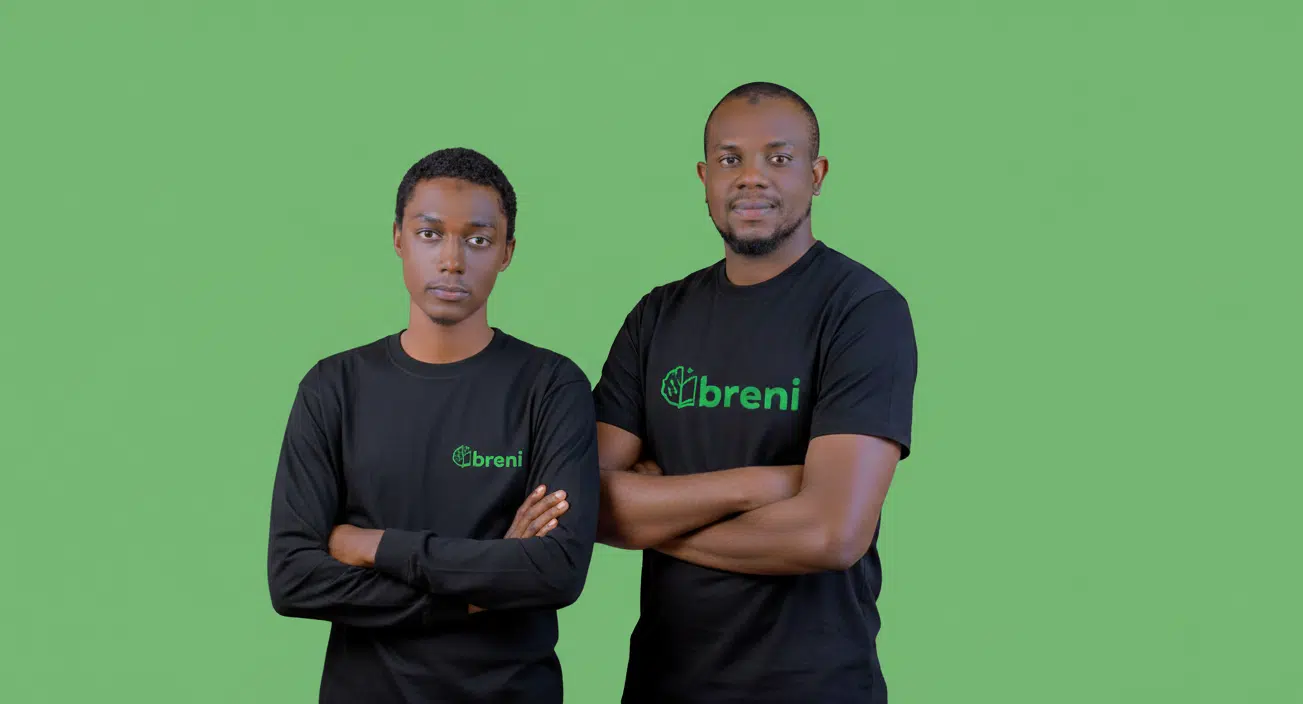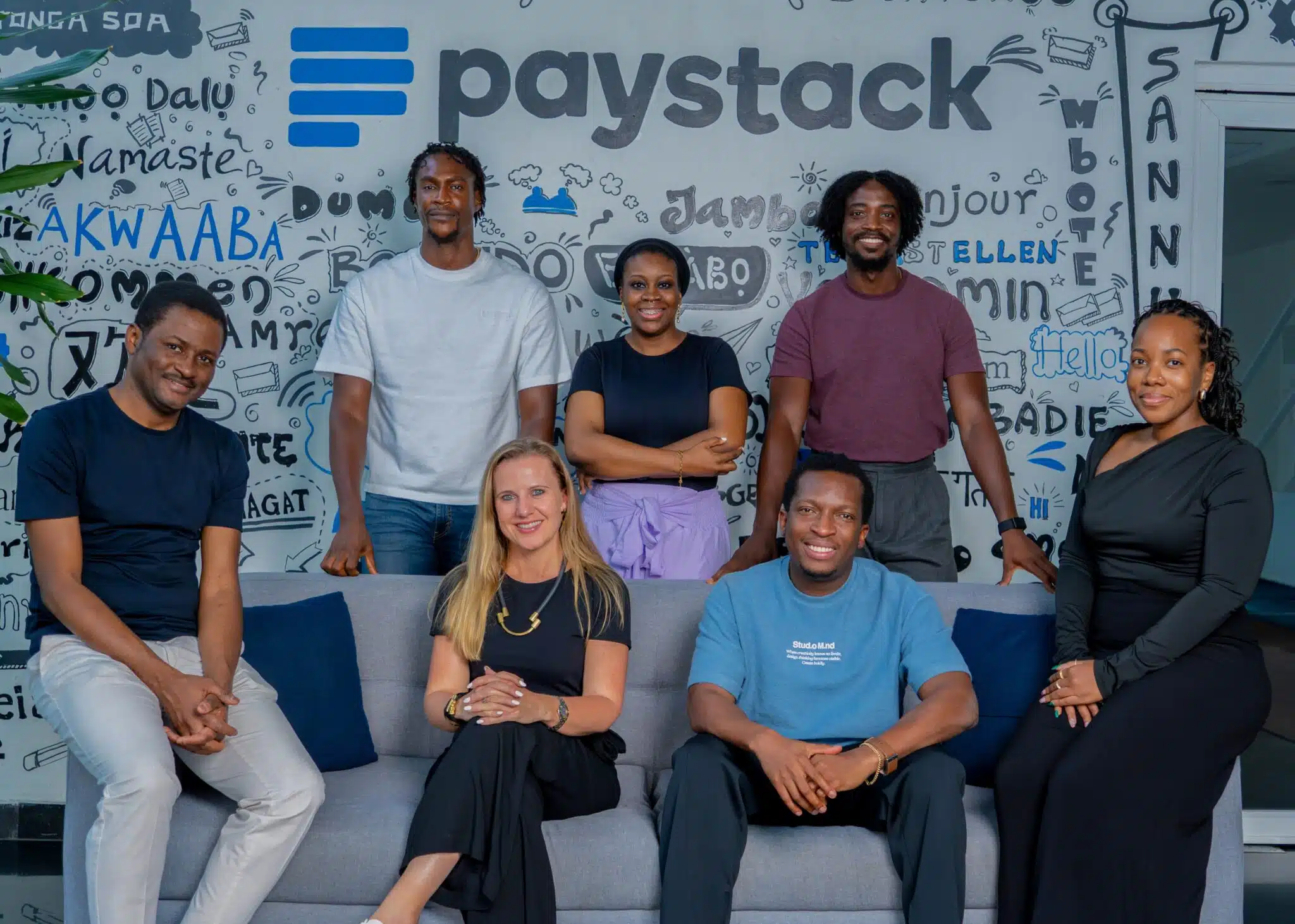Just like with food preferences and personality, learning methods differ from one person to another. However, traditional schools and training centres tend to employ a one-size-fits-all teaching method, which has created a gap in the educational system.
For learners and students in Northern Nigeria, this gap is even more pronounced as several of them struggle with language barriers, adopting new technology, and slow assimilation. This gap is what Abubakar Sadiq Umar, Co-founder and CEO of Breni, hopes to solve.
“There is this educational dilemma that 21st century kids or students are being taught by 20th century teachers using 19th century curriculum on an 18th century calendar,” Umar tells Techpoint Africa.
With his experience in digital marketing, blockchain, and business analysis, Umar is building a solution for the educational sector.
His platform, Breni is an AI-powered learning app that helps make education more accessible by offering personalised content tailored to different learning styles and languages.
Officially launched in August 2025, it has attracted over 3,000 users from more than 20 countries worldwide, with 90% of them outside Nigeria.
From fintech employees to edtech founders
Umar and his co-founder, Bilal Abdullahi, met while studying computer science at the Yusuf Maitama Sule University in Kano. There, they discovered a shared passion for technology and how it could improve the ecosystem in the North.
After school, they both worked at Kayi, a Nigerian fintech company, with Umar as a senior business analyst and Abdullahi as a software and AI engineer. In 2024, they both left their jobs to start Breni together.
Although new to the space, the founders saw an untapped potential in edtech, not just in impact but also in market opportunity. Currently, the edtech market in Nigeria is valued at $400 million, a 48% jump from its value in 2024.
How Breni works
Breni’s primary goal is to make learning personalised and easy. With the help of its AI-integrated tools, the app breaks down lessons into short, micro modules for easy understanding.
It also uses gamification: streaks, leaderboards, and quizzes, to make learning competitive, addictive, and fun.
“The app employs cognitive science and technologies that social media platforms use to keep users engaged. Its spaced repetition revisits concepts at proven intervals for memory so learners don’t forget past learnings,” Umar says.
Once users sign up, they get content based on the personal information provided. Breni adapts learning to age, level of experience, location, and preferred learning styles.
Instead of creating its own content, Breni employs AI models and Large Language Models (LLMs) that easily generate these courses based on the user’s search. Users can also set reminders and fix classes at their convenience. It also has access to information in over 100 languages worldwide.
“Users can learn in Hausa, Spanish, French, and more. The app is not limited to traditional subjects and courses alone; users can learn anything from how to cook rice to coding,” Umar says.
The learning platform operates a freemium model. Its free version contains ads, which provides the company with an income stream. Meanwhile, its subscription model offers access to unlimited courses.
For premium subscribers, it charges based on location, ranging from $1 in Nigeria to $5 in countries outside the continent, adjusted to the different economies. The company has generated ₦200,000 ($137) in revenue in 37 days.
Although Breni’s revenue stream mirrors similar competitors like Duolingo, which had free user bases before adopting a paying subscription model, its low subscription pricing and heavy reliance on ads make its business model fragile in the short term. Besides, its current user base is far from the millions required for meaningful ad revenue.
Built for Northern Nigeria but attracting global attention
For many edtech startups in Nigeria, the typical approach is to build an online platform with pre-recorded courses that users have to pay for, but Breni is taking a different path.
“The truth is, not everybody, especially in Northern Nigeria, has the money to make that purchase, and not many of them actually know the value of these courses to spend such money on them.”
Unlike Southern Nigeria, Northern Nigeria has a smaller startup ecosystem, fewer investors, and less technology adoption. With less access to tech infrastructure, connectivity, and mentorship, navigating the startup space is harder than in other parts of the country.
“Building in Africa is already tough, but building in Nigeria is even tougher. And building in Northern Nigeria is ten times harder. There’s a mindset gap when it comes to startups and technology adoption.”
However, the region is slowly seeing more tech breakthroughs as several tech and startup hubs have been launched in several states.
Although the founders are based in Nigeria and built Breni for Nigerians, 90% of Breni’s audience is outside the country.
Nepal currently has the highest number of users, making up over 40% of Breni’s total users, with Russia and Nigeria following. The Breni app has also garnered users across countries like Uzbekistan, Azerbaijan, the UAE, South Africa, Canada, the US, and the UK.
While both founders were able to leverage their contacts in some of these countries to get users on the app, its adoption in Asia was mainly driven by referrals from other consumers.
Competitive advantage
Breni is still new in a competitive market. Big players like Coursera and Duolingo dominate, but their models rely on a structured curriculum, video content, or expensive subscriptions.
In Africa, platforms like uLesson and Ubongo Learning are pushing mobile-first education but still lean on traditional teaching formats. Breni’s AI-powered personalised and gamified learning gives it a differentiated play.
Its low subscription is more affordable than the $10-$15 subscriptions charged by its competitors and could help with adoption in underserved markets.
Meanwhile, the company’s traction in unexpected geographies suggests positive adoption and could give it an edge in the edtech space.











